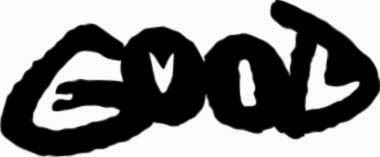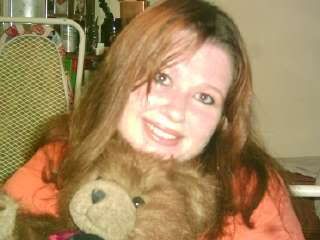
According to the Celestine Prophecy by James Redfield, all humans play games or control dramas to gain energy. People have an underlying energy that they carry around; we tend to compete subconsciously for this energy. Energy is scarce because humans tend to cut themselves off from a greater source of energy, such as nature. Most people feel insecure and low energy most of the time and seek to increase it by sapping it from other people. This goes on during most interactions and conversations, the whole time oblivious to the individuals. As someone manipulates or forces others to give them attention, the manipulator finds that they are more confident, but the other person is left feeling weakened and sometimes fights back. This is the cause of all conflict between people. The four basic control drama roles are: interrogator, aloof, intimidator, and the poor me.
This first role people use is the interrogator. The definition of an interrogator is someone who questions somebody thoroughly, often in an aggressive or threatening manner. The interrogator is able to absorb another’s energy by making them feel wrong. People playing this role will accuse others of lying. They tend to ask questions that are provocative or have no right answer. When an answer is given, they will distort it and twist it around. They tend to appear sarcastic, skeptical, critical and undermining.
The next control drama role is the aloof. Aloof means being uninvolved or unwilling to become involved with other people or events, often out of a sense of lofty superiority to them. The aloof will hold information to attain a feeling of dominance. Out of fear of revealing one’s self, the aloof will never answer a question directly. The aloof is secretive and hides their emotions from everyone, which makes people work to get to know them. Often, the superiority grows into a heroic pose of isolation. This is often accompanied by an artificial sense of humility because humility encourages worship. The aloof is distant, never at home, and not to interested in other people’s lives.
Another control drama is the intimidator. The intimidator will persuade or dissuade by frightening someone. They can be emotionally or verbally abusive. In this role a person will always blame someone else for the reason of blowing up at someone. One classic line an intimidator will use is “Look what you made me do.” They can often be difficult to live with, while having to tiptoe around this explosion waiting to happen. The intimidator appears to be angry, self-centered, and threatening. This is an aggressive role like the interrogator.
The last control drama role is the poor me. The poor me is someone who feels they need sympathy and feeds off of the energy of pity. This type of person always seems to dwell on the negative and looks for problems with everything. They give people a feeling of guilt for not solving their problems. The poor me will refuse to take personal responsibility for their feelings. This can even lead to competitions of who’s suffering more in life. The poor me will get attention by sighing, trembling, and crying. This role is passive like the aloof.
These roles are often developed in a human’s early stages of life. Not everyone plays these games to an excessive extent; in fact, most people do not even realize they are playing to begin with. Understanding these roles and recognizing when they are used can help someone correct this trait and possibly find a new method to obtain energy.



No comments:
Post a Comment